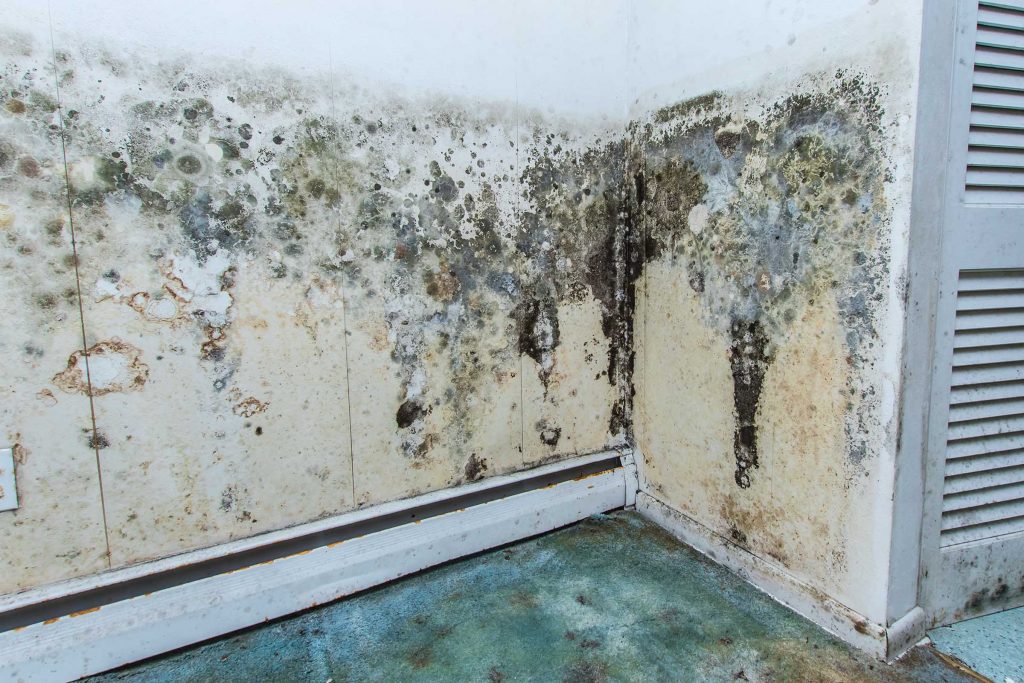Does Mould Have an Odour?
Mould, with its fuzzy appearance and distinctive colours, can be quite visually apparent. However, it’s not just what you see that should concern you; it’s what you might smell. Mould often carries a distinct odour that can indicate its presence. This odour is often described as musty or earthy, with some likening it to the scent of wet, damp earth. It can also be pungent and stale and unusual to the normal scents within a property. This odour is produced by volatile organic compounds (VOCs) emitted by mould as it grows. While not all moulds produce the same smell, the musty and unpleasant scent is a common characteristic.
Why Does Mould Emit an Odour?
Understanding why mould emits an odour can provide insight into the detection process. Mould produces volatile organic compounds (VOCs) as it grows. These compounds are responsible for the distinct odour associated with mould. While not all moulds produce the same smell, the musty and unpleasant scent is a common characteristic where moisture and lack of ventilation is present.

Detecting Mould by Smell
Recognising the smell of mould can be a valuable tool for early detection, especially when mould is not visible and behind walls or within cavities. You might encounter this odour in hidden spaces, like behind walls or under carpets, or in areas with persistent moisture issues, such as basements and bathrooms. Air conditioners and ducts can also harbour mould, spreading its odour throughout your home which might help explain why it seems like the scent is everywhere within the property. If you suspect this, it would be best to get a professional to inspect these difficult to reach areas to assess whether there is an ongoing moisture issue causing the mould to grow.
Addressing Mould Odour
If you detect the telltale odour of mould in your home, it’s essential to take action promptly. Conduct a thorough inspection to locate the source of the odour and potential mould growth. Address any moisture issues in your home, as mould thrives in damp conditions and look to install exhaust fans in bathrooms if not already done. You can also open the window after showering where practical to assist in reducing the moisture within the bathroom. If you suspect a significant mould problem, it’s best to enlist the services of a professional mould remediation specialist. In conclusion, the presence of a musty and unpleasant odour in your home can indeed be a sign of mould growth. While visual cues are essential, never underestimate the power of your sense of smell in detecting this potentially harmful issue. If you suspect mould, don’t delay in addressing it to protect your property.

